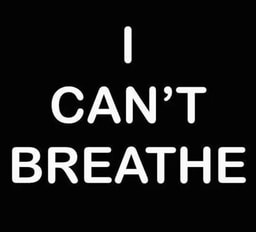 One of the burning questions about saving our democracy is how to jump start voter turnout, no matter whether in state, municipal or federal elections. Again, I like talking politics to near-strangers I meet. Here are some of their answers to the question above. Nothing might seem terribly new, but that’s because we’ve yet to find the political will to even experiment with change.
0 Comments
As a curious citizen, I sometimes ask random people how they feel about discussing their political views. Seriously. I ask them NOT to tell me their own leanings. Most won’t engage me, but some do.
I’ve put quotes around their answers; their exact wording might be slightly different, yet not in substance.  One white knee on a black neck may prove to be one knee too many. The police-caused death of George Floyd in Minneapolis last week may be the galvanizing point for real change this November. I hope so. Racism is on the ballot. Like COVID-19, racism too is a virus, an invisible pathogen passed down from generation to generation. It can hibernate from time to time, but in four centuries, it has never been dormant for long. Please help kill this virus by voting. Please study the history of the candidates. Please turn out the noise and listen to your mind and heart. My novel, Once Upon a Lie, published a few years ago, was my small contribution to insights into American racism of the Eighties and Nineties. I learned so much in writing it: The kernel of the virus is always the same. If you don’t have discussions with those who don’t agree with you what that kernel is—don’t give up. Keep talking, keep protesting without violence. Having the courage to substitute dialog for polarization may save our democracy."
|
MRF BlogMichael's thoughts on writing, politics and everything in between. Archives
November 2023
Categories
All
|
|
Michael R. French graduated from Stanford University where he was an English major, focusing on creative writing, and studied under Wallace Stegner. He received a Master's degree in journalism from Northwestern University. He later served in the United States Army before marrying Patricia Goodkind, an educator and entrepreneur, and starting a family.
|

